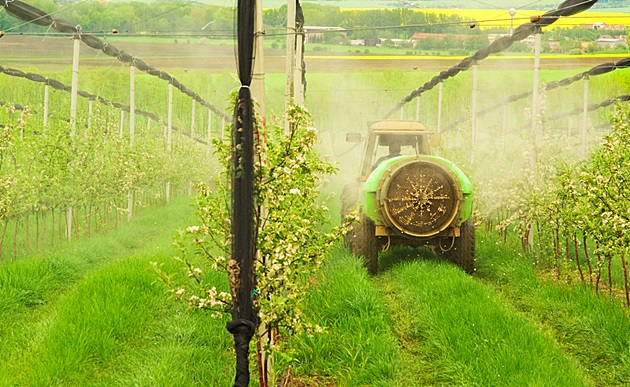838

FutureFarming reports that the Finnish startup NPHarvest, from Aalto University, has raised 2.2 million euros to bring a nutrient capture equipment to market.
Ready for sale
The development round was led by Nordic Foodtech VC, with participation from Stephen Industries and Maaja vesitekniikan tuki ry. The project consists of an equity investment of 1.3 million euros and a grant of 900,000 euros from the Finnish Ministry of the Environment and their RAKI program.
NPHarvest has developed a new and soon-to-be patented hardware solution for collecting and recycling nutrients from wastewater. With the new funding, NPHarvest will build the first commercially ready Nutrient Catcher, to be installed at their clients' facilities.
Thanks to the modular design of the process, the Nutrient Catcher can adapt to different use cases and fit various facilities while keeping production costs as low as possible.
"Our process is much more energy-efficient, cost-effective, and easier to operate than current solutions. Our final product is ammonium salt, which is commonly used in the fertilizer industry.
We are very excited to bring this technology to market after years of research and development, providing sustainable and affordable recycled nutrients and fertilizers," says Juho Uzkurt Kaljunen, CEO and founder of NPHarvest.
Nutrient leaching
Nutrient fertilizers are vital for ensuring food production. However, excessive amounts of fertilizers like nitrogen and phosphorus end up in the environment through wastewater or nutrient leaching from agricultural areas.
Both cause soil pollution and eutrophication of seas and lakes, which in turn leads to excessive growth of algae and weeds, particularly toxic blue-green algae, depleting oxygen and killing animal life.
Wastewater is also responsible for about five percent of all greenhouse gas emissions.
A 170 billion euro market
The entire water management market in Europe is estimated at around 170 billion euros. The loss of valuable nutrients in wastewater is a missed opportunity for the entire agricultural ecosystem.
Fertilizer prices are volatile and need to be imported from abroad, reducing self-sufficiency. Failure to remove excess nutrients from the ecosystem will also gradually lead to soil contamination, as farmers prefer to use fossil-based mineral fertilizers or nutrient-rich manure. However, too many nutrients could actually lead to nutrient deficiencies in plants.
Valuable nutrients
NPHarvest's hardware can capture up to 90% of the excess, but valuable nutrients from wastewater. Once the technology has separated the nutrients, they can be returned to fertilizer companies.
The NPHarvest process also uses very little energy, as it does not require heating or pressure increase, further reducing process costs.
"No one has captured nutrients at a real commercial level, which impressed us as foodtech investors about NPHarvest and their unique technology. Ensuring food security while protecting the environment is one of the top priorities in the food system.
NPHarvest's technology has what it takes to combine these aspects into a very interesting business model," says Mika Kukkurainen, partner at Nordic Foodtech VC.
Two patents pending
NPHarvest has two patents pending and is preparing to build its first products, ready to be installed in wastewater management facilities.
Their main clients are wastewater management facilities, biogas plants, and animal farms looking to reduce costs, lower their carbon footprint, or gain additional revenue from the sale of recycled fertilizers.
"The entire water management market in Europe is estimated at around 170 billion euros, and the concentrated water management market in the EU is worth around 47 billion euros.
We are excited to enter the next stage of our company's journey together with our investors, enhancing food security, creating a better environmental impact, and making wastewater management and nutrient capture a profitable business," concludes Kaljunen. (Photo: Dreamstime)




